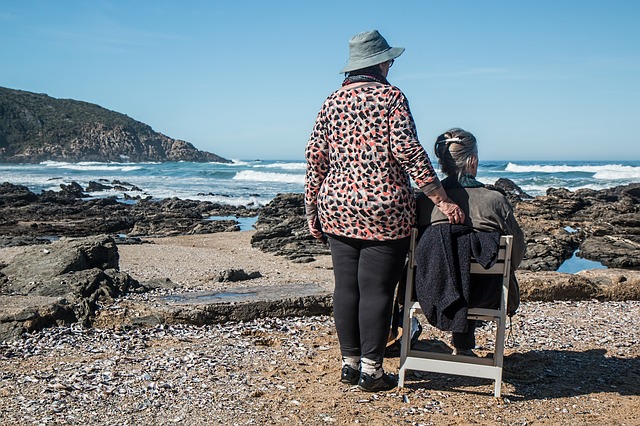by Nathan Chua
When I was a young man in my schooling days up to my 30s and 40s, I often wondered about the magic that religious retreats did for many people. All of a sudden, I see a huge chunk of the attendees turn into smiling, kind, and happy people, almost as if they had discovered something inside of them that had long been gone. I see those who have been angry, depressed, fearful, and shamed in the past, turn into brave souls that share their experiences to a group that they hardly even knew before the retreat started. With their voices breaking and their eyes welling up in tears, someone who was hardly seen in the crowd turns out to have quite the story to share.
The wish was, for most of us at least, to have these events last forever so we don’t ever have to confront the real world with its problems. After a few days of meeting happy faces and people with intentions to get the best out of themselves in the retreat, we go back to our mundane lives. We go back to the parents we have a hard time getting along with, the pressures of work or school, the critical boss at the office, the obnoxious classmates or co-workers who we wish would just stay away, or even the usual challenge of navigating rush hour traffic. These are all the challenges that we have to face outside the context of the retreat grounds.
In my journey through counseling, I think I have finally found a sound, scientific explanation as to how this works. Wouldn’t it be great to have that “spiritual high” within reach and without having to spend a few days out of the context of the natural and challenging environment of our career, family, environment, etc.?

The intention of the happy life vs. the life well-lived:
The secret lies in the degree to which we remain in touch with what is important to us. When we are in a safe environment, there are no problems that are present for us to solve. Sadly, we are often caught up in trying to fix problems that are quite tragically, unfixable. Our feelings, thoughts, and relationships are not problems to be solved. Neither are our partners, kids, parents, friends, problems to solve. Just like you, I believed that our problem-solving skills should apply everywhere. I wanted a life without problems, loved ones and friends without conflict. It’s what some authors would call the fix-me trap, which we often apply to other people as well. We come to believe that their styles of relating are also problems that are there for us to solve or what we can refer to as the, fix-them trap.
When we let go of this agenda to remove our very own capacity to feel or to have difficult thoughts, then we can shift our focus on those that are important to us. Like how important is it for you to be kind even in the face of a difficult relationship? How important is it for you to be patient and caring when the situation arouses your anger? I often use a short meditative practice that I got from a book that used the word intentionality a lot in referring to this skill of going back to what truly matters.
Here’s the text verbatim in italics:
As a way to start this session, I’d like to suggest we do a short settling-in exercise. Then, if it feels useful to you, we could start our future sessions with it.
Take some time to let your body find a comfortable position in your seat. You’re looking for a position comfortable enough that you won’t have to move around over the few short minutes this exercise takes.
Once you’ve found a comfortable position, see if you can let your gaze rest in front of you. Then, if it’s comfortable for you, let your eyes close gently, or just keep them open. Now let your attention come to rest on your breathing, just noticing the movements in your chest and belly, as you inhale…and as you exhale…
If you notice your attention wandering away from the breath, that’s perfectly normal. See if you can just note where your attention went and then gently bring it back to noticing the movement of your breath in your chest and belly…
Now see if you can turn your attention toward the thoughts and feelings you’ve had about today’s session, either since you got up this morning or over the past couple of days. See if you can simply notice whatever shows up…
Now see if you can identify or choose who or what is important to you for today’s session. Again, see if you can simply notice whatever shows up…
Now, if you’re willing, see if you can form the intention to take steps, in this session, to move toward who or what is important to you for today’s work…
For my part, I’ll support you as best I can in taking those steps…
Now bring your attention back to the room, back to the chair on which you’re sitting, back to the two of us here to work together today…And when you feel ready, if you’ve had your eyes closed, let them open again.
As you and I wake up each morning, can we form that awareness and intention of being the person we want to be and living the life we want to live.

